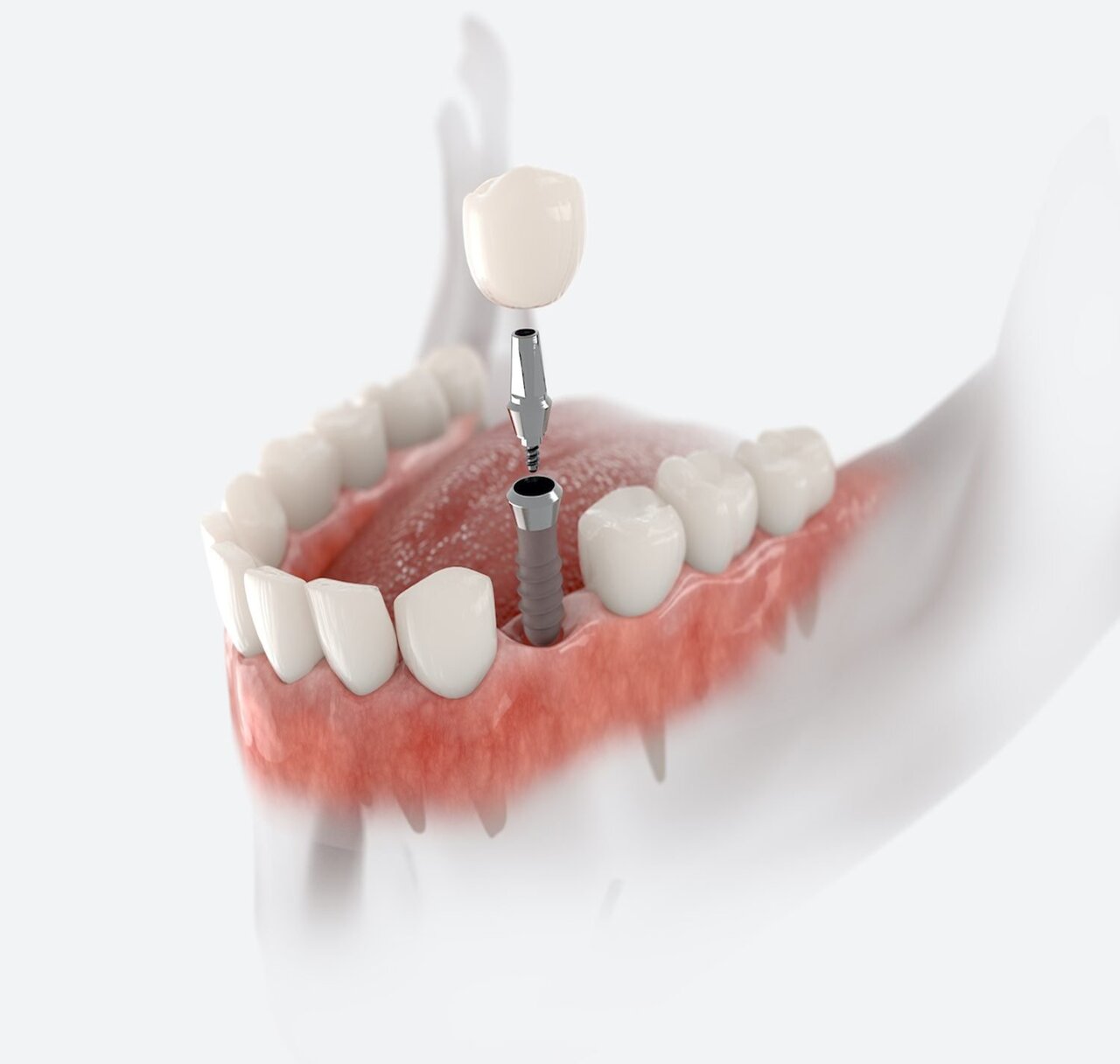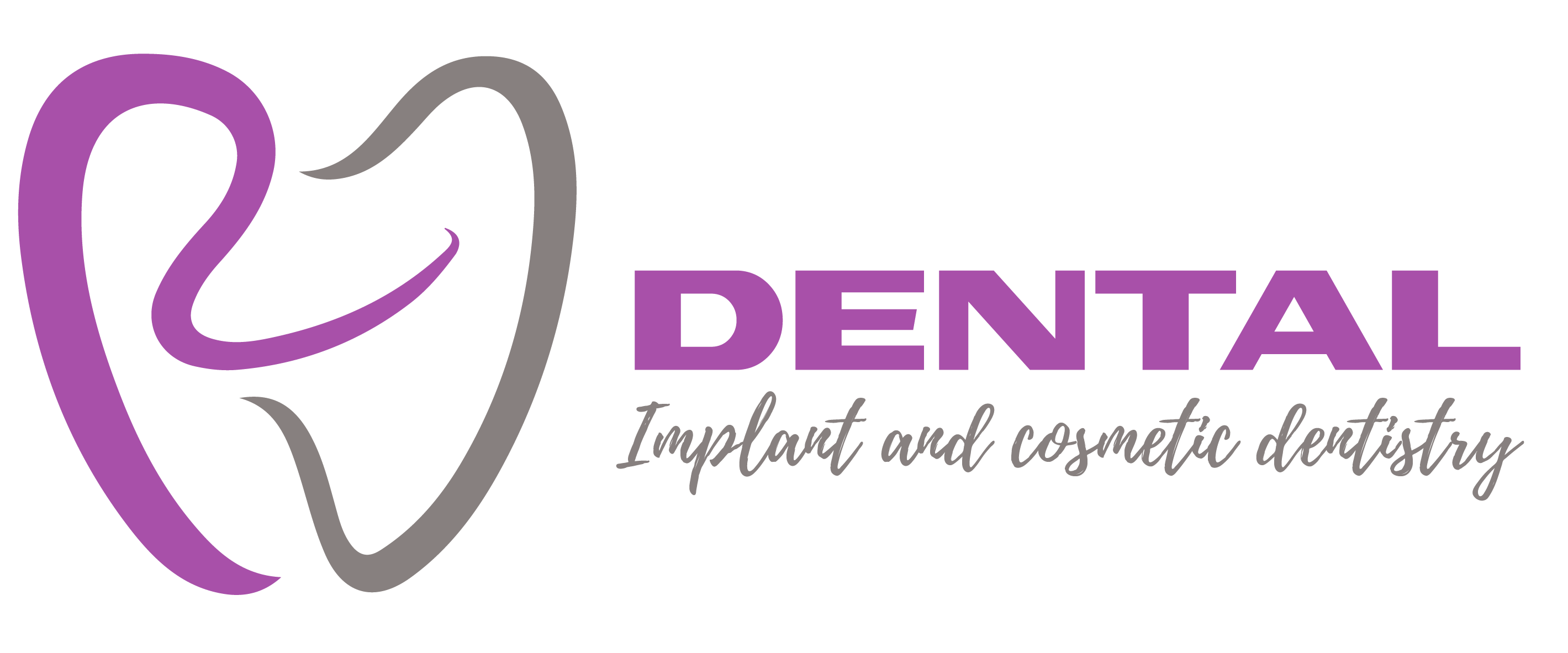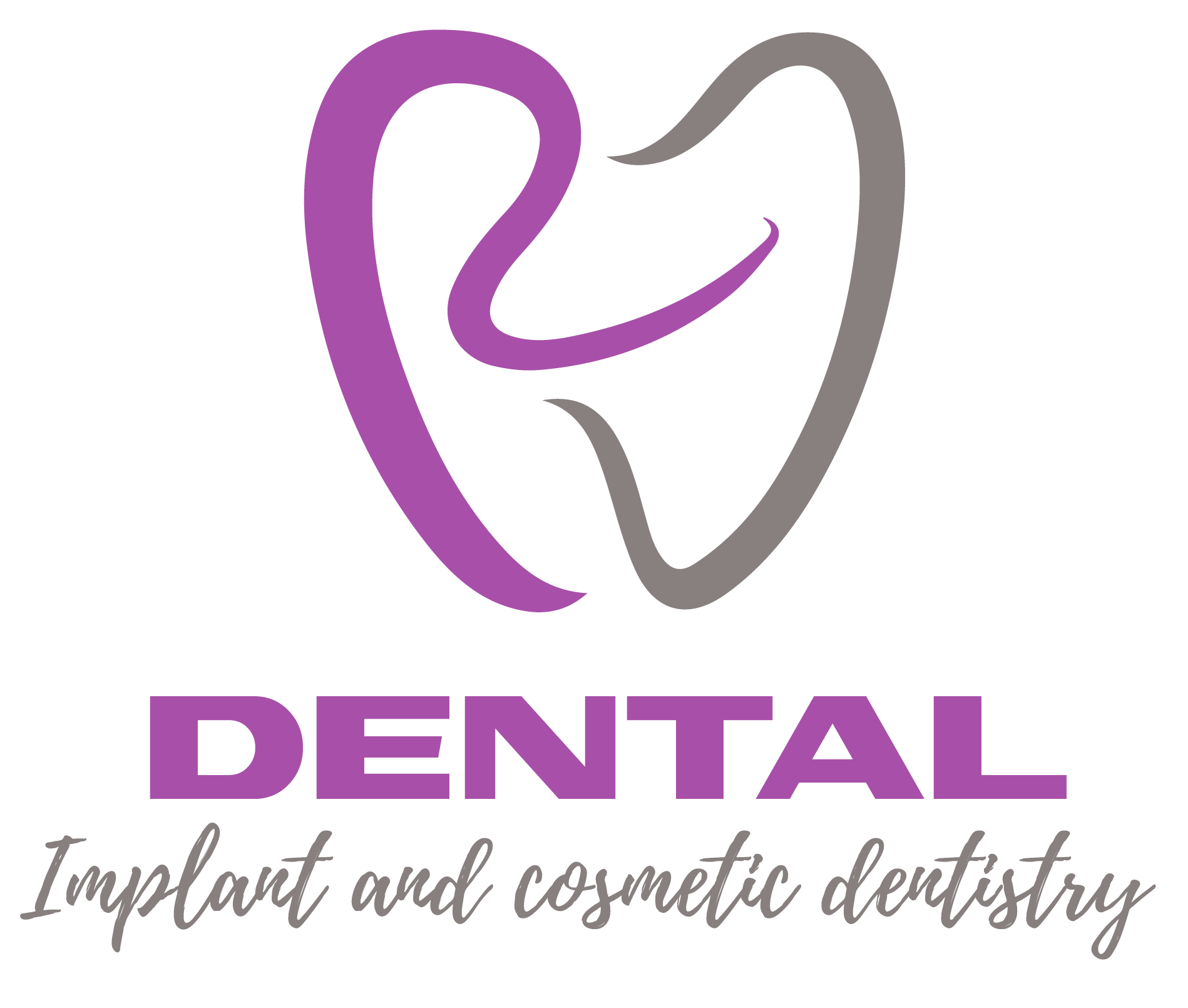
Dental Implants
Why choose Rancherito Dental for dental implants?
While dental implants can be a life-changing procedure, it’s important to choose a dental surgeon who has the experience and expertise to deliver the outcome you desire. At Rancherito Dental, you’ll find highly skilled, experienced dental implant surgeons who have earned a reputation for creating beautiful smiles and delivering sensational patient outcomes.
Dental implants look, feel and function like your natural teeth. With this wonderful procedure, patients can look better, feel more confident and enjoy the foods they love.
KEY BENEFITS OF DENTAL IMPLANTS
Dental implants are comfortable
Dental implants don't slip like dentures or partials, so they don't cause mouth sores and food doesn’t collect under them.
Dental implants last long and look great
With proper care, your dental implants will last the rest of your life and continue to look fantastic.
With dental implants, you can eat anything
Teeth are permanently attached so you can go ahead and bite into that corn on the cob or any of your favorite foods without fear or pain.
Dental implants are better for oral health
Unlike with bridges, partials or dentures, the surrounding teeth stay intact with implants. Implants can also stop your jawbone from shrinking, which occurs over time when teeth are missing.



